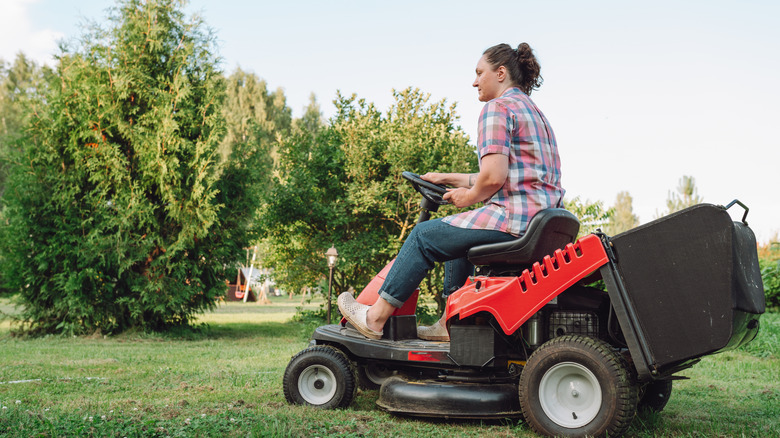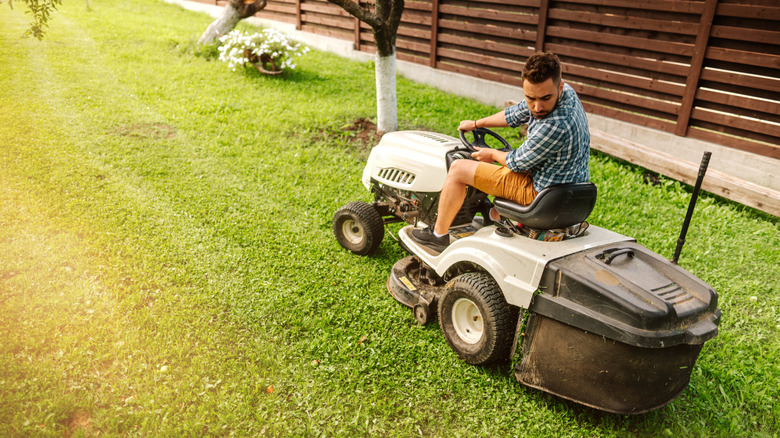How To Determine The Best Horsepower Riding Mower For Your Yard
Choosing the best riding mower to cut your grass with ease depends on several factors. One of the most important things to consider is how much horsepower (HP) you need. Horsepower measures an engine's work capacity, one horsepower equals the power to move 550 pounds one foot per second. For mowers, this translates to how well the engine can maintain blade speed while also moving the mower. If you have a 14 and an 18 horsepower mower, you'll find that the extra 4 horsepower means stronger torque for climbing hills and mowing through thicker grass without being bogged down.
To keep it simple, a small 1-acre or under lawn that's relatively flat will be just fine with a riding mower with 14 horsepower. Those with medium-sized yards between 1 and 3 acres (and a few small slopes) can rest easy with a 14 to 16 HP motor. Large lawns over 3 acres or those with steeper inclines may require mowers above 18 HP to tackle tougher terrain without stressing the engine. These are just general guidelines to help maintain a consistent blade RPM, even when you hit a dense patch of grass.
Your specific yard conditions should also factor into your choice. Lawns with thick grass or frequent overgrowth demand a higher horsepower rating. If your yard has a lot of obstacles, like a garden or various trees, you may need to get a mower with more maneuverability, which often comes with higher horsepower ratings to compensate. If you have a very hilly yard, the best type of lawn mower will be one with more horsepower, as steep slopes will quickly stress an engine.
Choosing your perfect riding mower
While horsepower shows a mower's raw capability, certain features could impact how much horsepower you will actually need. Wider cutting decks will demand higher horsepower to maintain their blade speed. Your choice of transmission matters too; hydrostatic models perform better on certain terrains but require slightly higher horsepower ratings than their gear-driven counterparts. Additionally, different engines deliver power differently, so look for torque ratings alongside horsepower to get a better idea of the pulling strength to handle hills or heavy grass. Remember that more doesn't necessarily equal better, as excessive horsepower can waste fuel on small lots.
How heavy the mower is also makes a difference. A lighter frame with the right horsepower could handle hills much easier than a heavier model with the same horsepower rating. If you plan on using towing attachments, you'll need to take that into account as well; shoot for a higher horsepower to compensate for the extra load. Finally, maintenance is incredibly important in knowing how long your riding mower might last over time. A 20 HP mower with sharp blades and clean filters will probably outperform a neglected 24 HP model. In the end, when looking for the right mower, do a little upfront research and prioritize models with a horsepower rating that meets the needs of your yard and its specific challenges.

